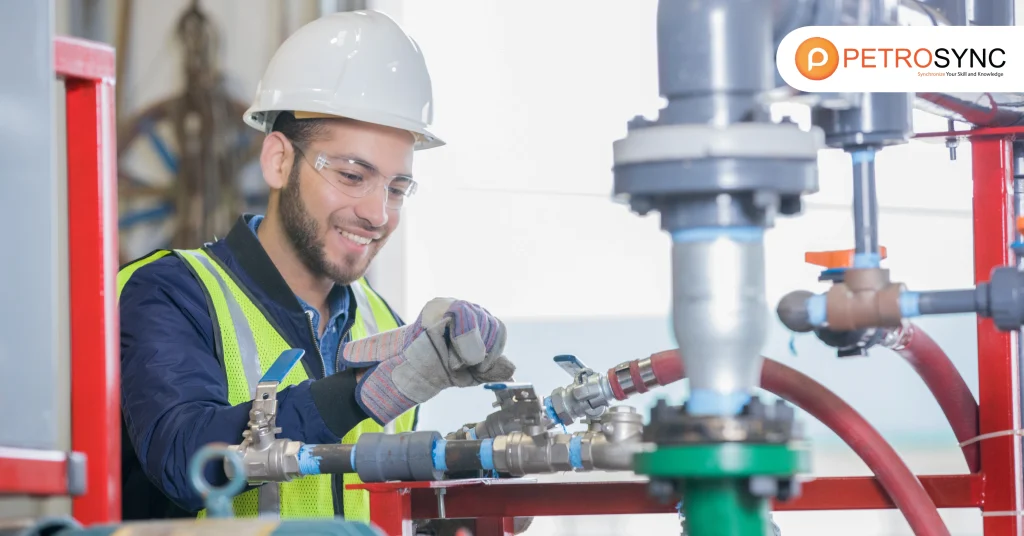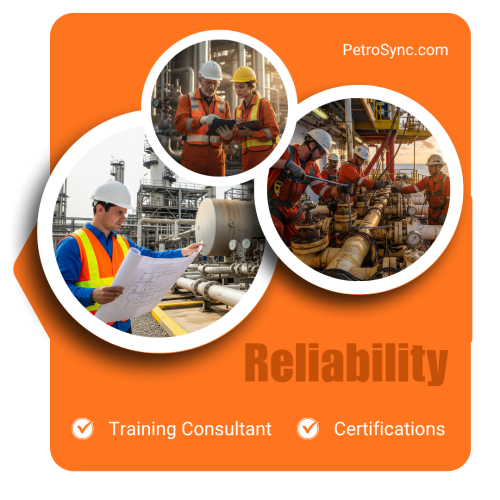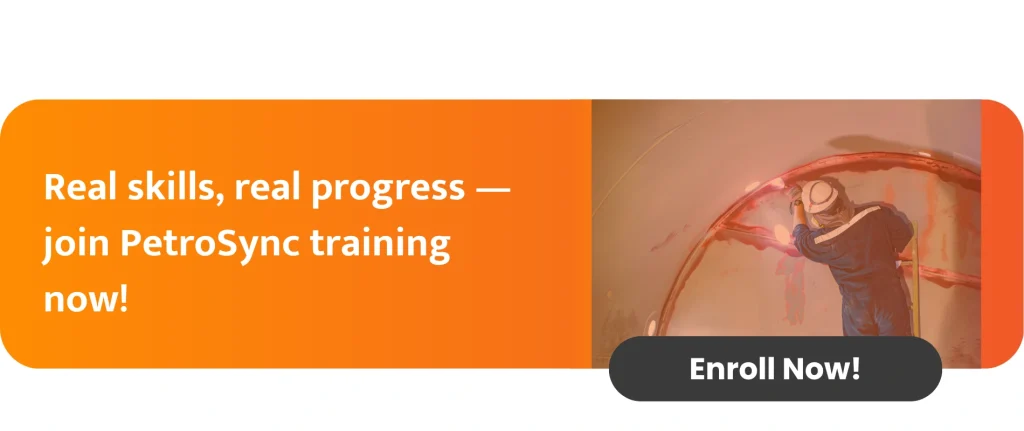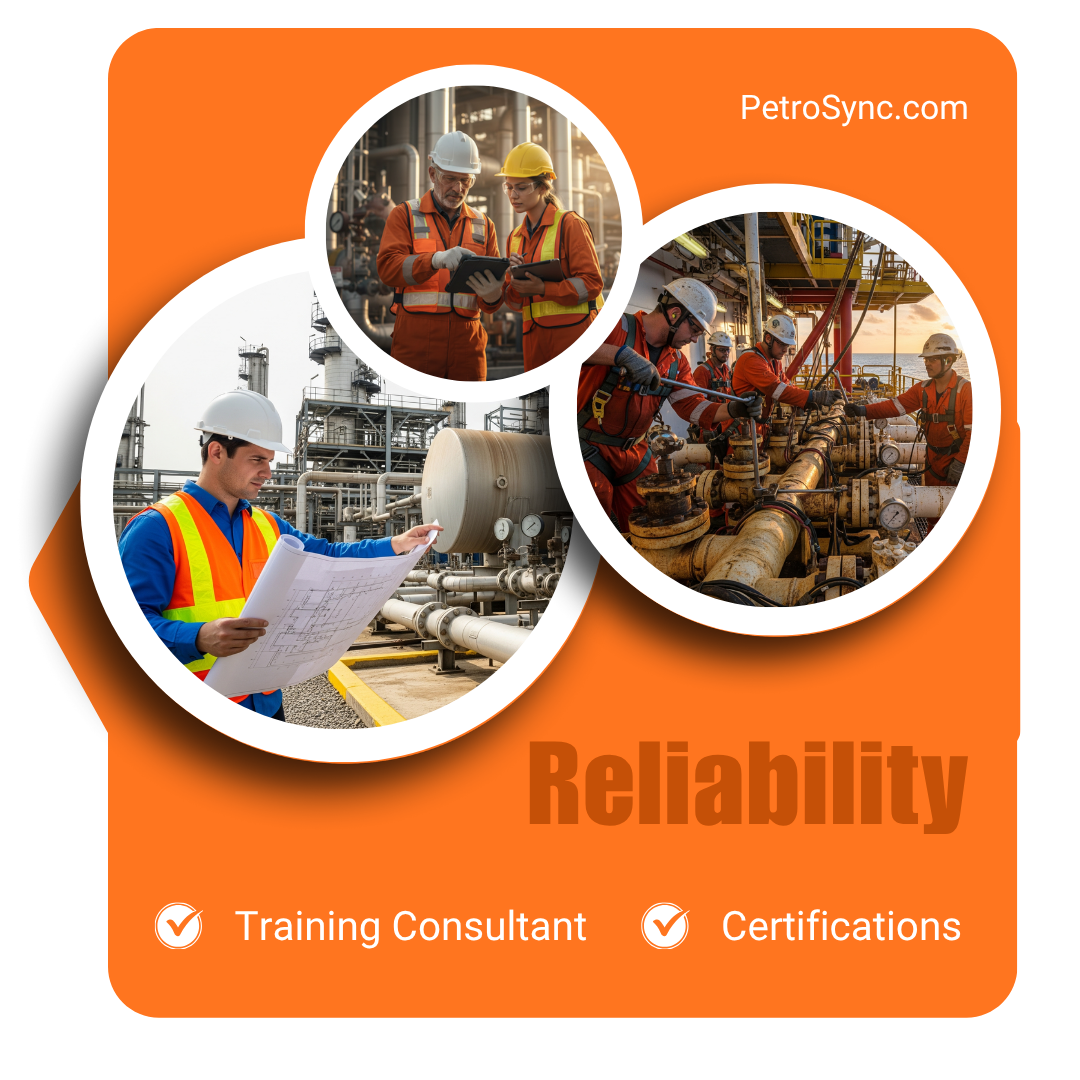In today’s complicated industrial environment, asset reliability and operational effectivity are therefore the backbone of sustainable success. Industries such as oil and gas, manufacturing, and electricity must actively maximize production uptime, minimize maintenance costs, and extend equipment lifespan.
Consequently, as traditional preservation methods evolve into data-driven approaches, RCM has become a key transformative solution. Therefore, in this article, we will explore what RCM is, highlight the benefits of specialized training, and explain how companies can leverage RCM to gain a competitive edge.
Before we delve into the technical details, it is critical to apprehend that modern-day renovation philosophies are no longer clearly about stopping tools failure – they are about integrating threat administration and strategic decision-making into the very fabric of operational processes.
The following sections grant a complete exploration of RCM, starting with its core standards and extending to certain discussions on education objectives, software outlines, and the finest candidates for such training.
Table of Contents
ToggleWhat is Reliability Centered Maintenance?

Reliability Centered Maintenance is a systematic process that identifies the most effective strategies to ensure that an asset continues to perform its intended functions within its specified context. Unlike regular time-based or reactive protection approaches.
RCM focuses on a deep grasp of an asset’s imperative functions, the conceivable failure modes that may also interrupt these functions, and the subsequent penalties for the operation. In other words, RCM challenges the notion of scheduled maintenance ‘by the book’ and replaces it with a dynamic, risk-based framework.
It examines each asset by evaluating:
- Functional performance: To begin with, understand exactly what the equipment is meant to do.
- Failure modes and causes: At this stage, identifying how and why equipment might fail is crucial.
- Consequences of failure: Therefore, start by assessing the impact on safety, production, and cost.
- Maintenance strategy optimization: As a result, you should select preventive, predictive, or run-to-failure actions based on the risk profile.
By focusing on the consequences of failure rather than just the occurrence of failure, RCM provides a tailored maintenance strategy that enhances asset availability, ensures operational safety, and optimizes resource allocation.
What is Reliability Centered Maintenance Training?
Reliability Centered Maintenance Training equips participants with both theoretical foundations and practical applications of RCM. The program guides them step by step, from understanding essential RCM principles to applying them directly in real operational scenarios.
The curriculum is meticulously designed to include:
- Theoretical Insights: In addition, gain a thorough grounding in the standards of reliability engineering, danger assessment, and failure mode analysis.
- Practical Application: Furthermore, the program includes hands-on workshops featuring real-world case studies, interactive simulations, and team exercises.
- Data-Driven Decision Making: In addition, you’ll get instruction on how to harness statistics, analytics, and digital equipment to enhance maintenance strategies.
- Cross-Functional Collaboration: In addition, learn techniques to build effective, interdisciplinary teams that collaboratively solve complex maintenance challenges.
By integrating these components, RCM training equips participants with the skills needed to identify critical asset functions, predict and mitigate potential failures, and implement maintenance protocols that are both cost-effective and operationally efficient.
What is the Objective of Reliability Centered Maintenance Training?
In order to comprehend and practice these techniques, we will use a number of practical sessions – some simple examples to illustrate the principles, but also reconsider a number of technical RCM topics.
At the end of this course, you should:
- Know how to describe the RCM process flow
- Understand the importance of identifying and categorizing assets
- Understand criticality and the FMECA approach in RCM
- Understand how to develop an RCM analysis, as well as the implications of making the strategy work
- Understand the requirements for RC
- Recognize the importance of data structure and content before you do any kind of strategy work
- Understand RCM customization
- Understand why to conduct a task comparison
- Understand what work packaging is
- Understand how to implement RCM
- Recognize what a living program is
- Know the content of an RCM project plan
What are the Outlines of Reliability Centered Maintenance Training?
DAY 1 – Introduction
- Module 1: Setting the Scene (Course Introduction)
- RCM History and Introduction to the RCM Standards SAE JA1011, SAE JA 1012
- Module 2: RCM Overview and Business Context
- Break
- Module 3: RCM Phase “What is Important?”
- Lunch
- Practical Session: Criticality Matrix
- Module 3: RCM Phase “What is Important?”
- Break
- Module 3: RCM Phase “What is Important?”
- Practical Session: Developing system Boundaries and Asset Hierarchical Structure (ISO 14224:2016)
- Conclude Day 1
DAY 2
- Reflection Day 1
- Practical Session: Functional Failure Analysis
- Module 4: RCM Phase “What should be done?”
- Break
- Module 4: RCM Phase “What should be done?”
- Lunch
- Practical Session: Maintenance Strategy (What works best?)
- Break
- Module 5: RCM Customization and Requirements
- Practical Session: FMEA
- Conclude Day 2
DAY 3
- Reflection Day 2
- Module 6: Change the Existing Program (Implementation and Improvement)
- Break
- Practical Session: Change the Existing Program
- Module 6: Change the Existing Program (Implementation and Improvement)
- Lunch
- Module 7: RCM Project
- Break
- Practical Session: Project Plan
- Module 8: RBI Integration with RCM in AMST
- Closure and Reflection Day 3
Who Should Attend Reliability Centered Maintenance Training?
We specially designed this course for the following disciplines:
- Maintenance and Reliability Engineers and Managers
- Engineering personnel and managers
Join PetroSync Training and Gain Practical, Applicable Knowledge
Managing the reliability of your property goes properly past hobby repairs – it is a strategic undertaking that impacts each and every side of operational overall performance and enterprise sustainability.
As a result, through PetroSync’s Reliability Centered Maintenance Training, you gain access to expertise, case studies, and practical techniques. As a result, this training empowers your company to achieve higher reliability, reduced downtime, and significant cost savings in the long run.
In addition, globally recognized experts with extensive practical experience guide our software. The education is interactive and tailor-made to tackle particular enterprise needs, making sure that whether or not you are a renovation manager, plant supervisor, or senior executive, you depart with actionable insights and a clear roadmap for imposing RCM.

Results-oriented and thorough SEO specialist with extensive experience in conducting keyword research, developing and implementing digital website promotion strategies and plans, managing campaigns to develop company websites in the digital world, excellent knowledge of marketing techniques and principles, and attentive strong attention to detail.









